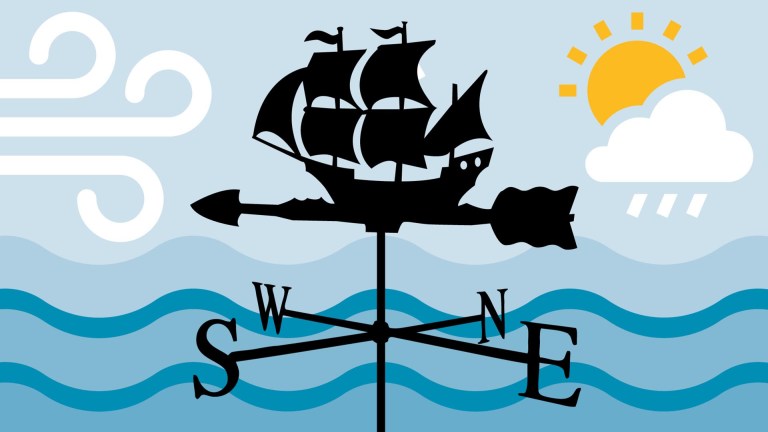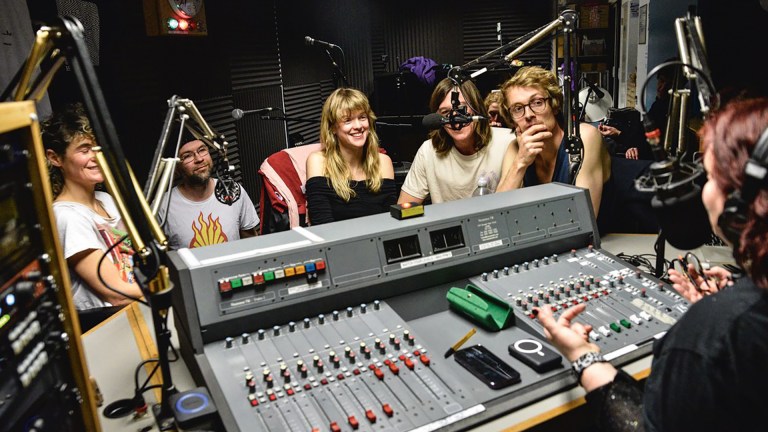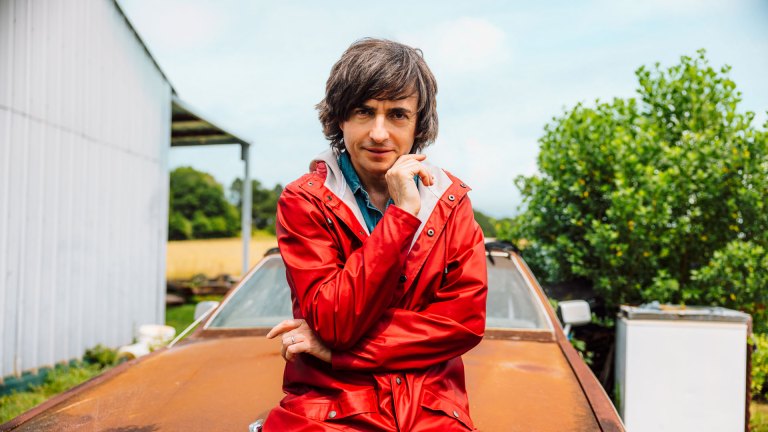We all know there is benefit in taking time out to reflect. At Radio 3 we like to take our time over things. Whether it’s broadcasting a live piece that takes all night (such as Max Richter’s Sleep) or just an everyday Mahler Symphony in full – we’re into long form.
Recently we’ve been giving audiences a wide range of ‘slow radio’ experiences. We want listeners to have a place to listen to the world as it is and to hear new things. We’ve taken ambient sounds of nature or of places and presented the sound in a way that allows the listener to slow down. This has ranged from a contemplative week in a monastery, a night listening to nightingales, a netherworld of clocks at Upton House, the sound of the desert in the evening or the soundscape of urban Tokyo.
Slowing down, taking the time to listen and to hear new things is important. In life things can pass us by every day at lightning speed. The human brain and spirit needs time to absorb things and consider them – especially complex things like music, poetry and art. By giving a window on to natural, ambient sound listeners can use their brain and sonic senses fully. We can allow people to re-engage with the art of mindful listening – that we so often have little time to realise in our busy, stressed lives of making ends meet and getting by.
Earlier in the year – in spring and autumn – we explored the notion of the forest and how it has inspired artists and creators over many years. We looked at the forest as a place for escape. We explored the tonewoods which provide the raw materials for music making, and from Sherwood Forest to the great forests of New England we brought listeners into the wood through radio programmes. Walking was a key theme.
By giving a window on to natural, ambient sound listeners can use their brain and sonic senses fully
It is a slow way to travel and we’ve been trying to encourage a more mindful approach to life through reflecting the art of walking in a series of Sound Walks. These brilliantly insightful and engaging radio programmes and podcasts are by author Horatio Clare. The first took him from the Brecon Beacons to Hay-on-Wye in real time, allowing us to get inside his head as he walked on a glorious summer’s day, with poetry and music woven in. We followed that up with a week’s worth of programmes last year retracing the footsteps of the 19-year-old Bach from Arnstadt to Lübeck to hear the music of his hero Buxtehude – Horatio being convinced that the young Bach would have taken the hard road over the Hartz Mountains rather than the easier ways around them.









